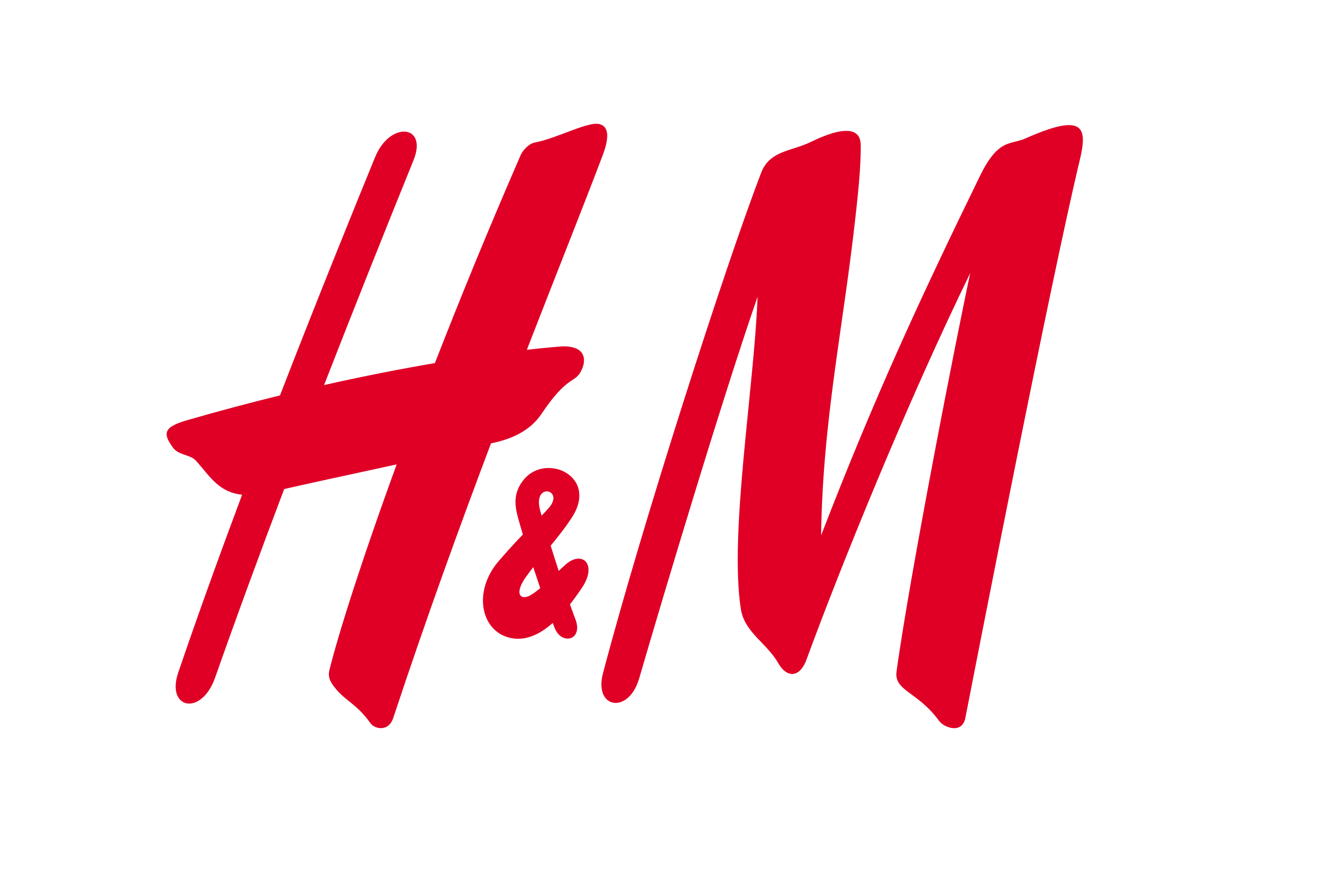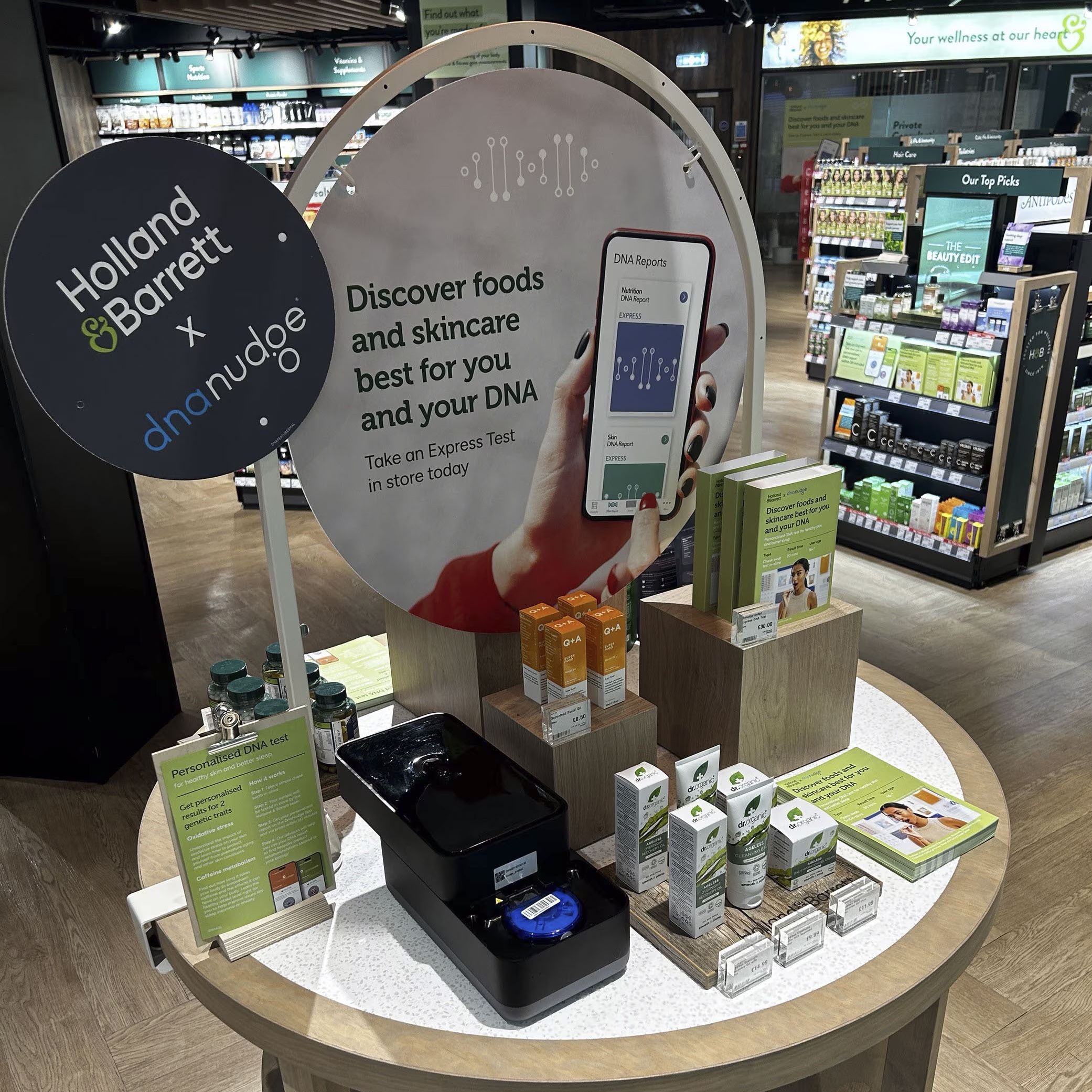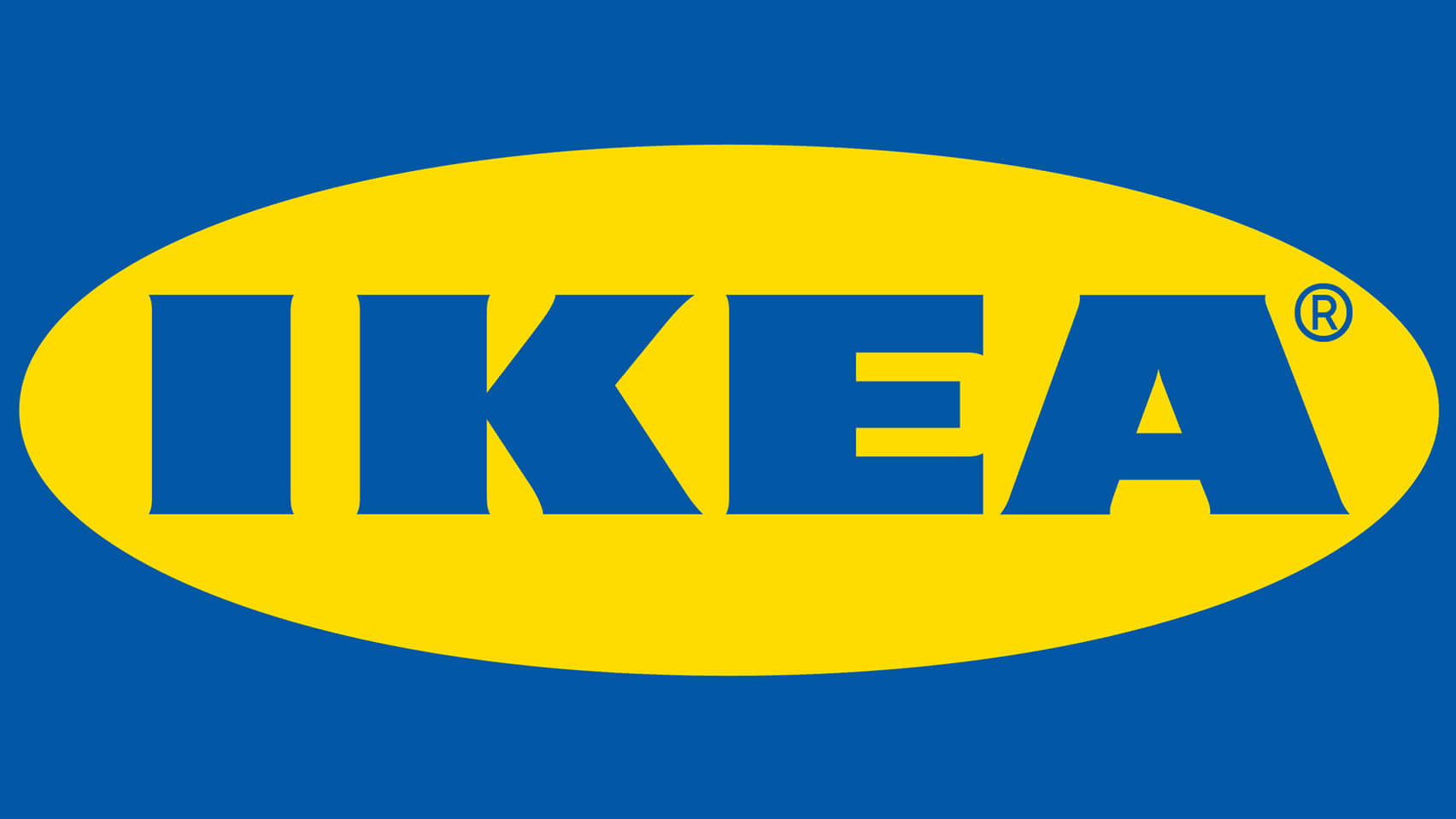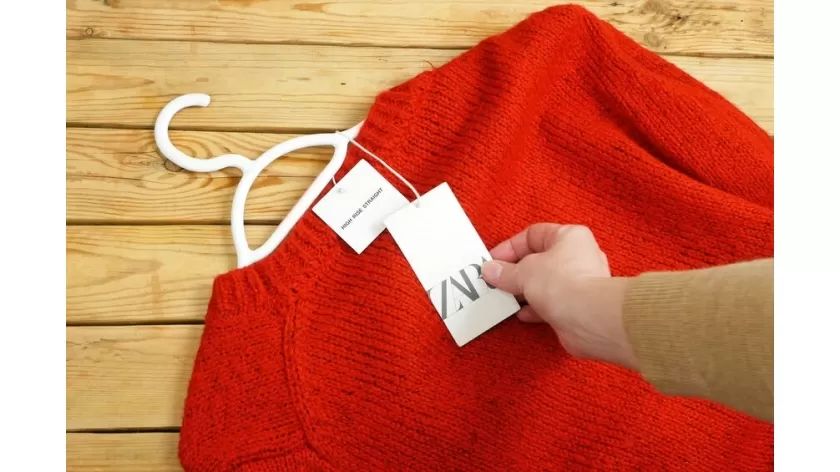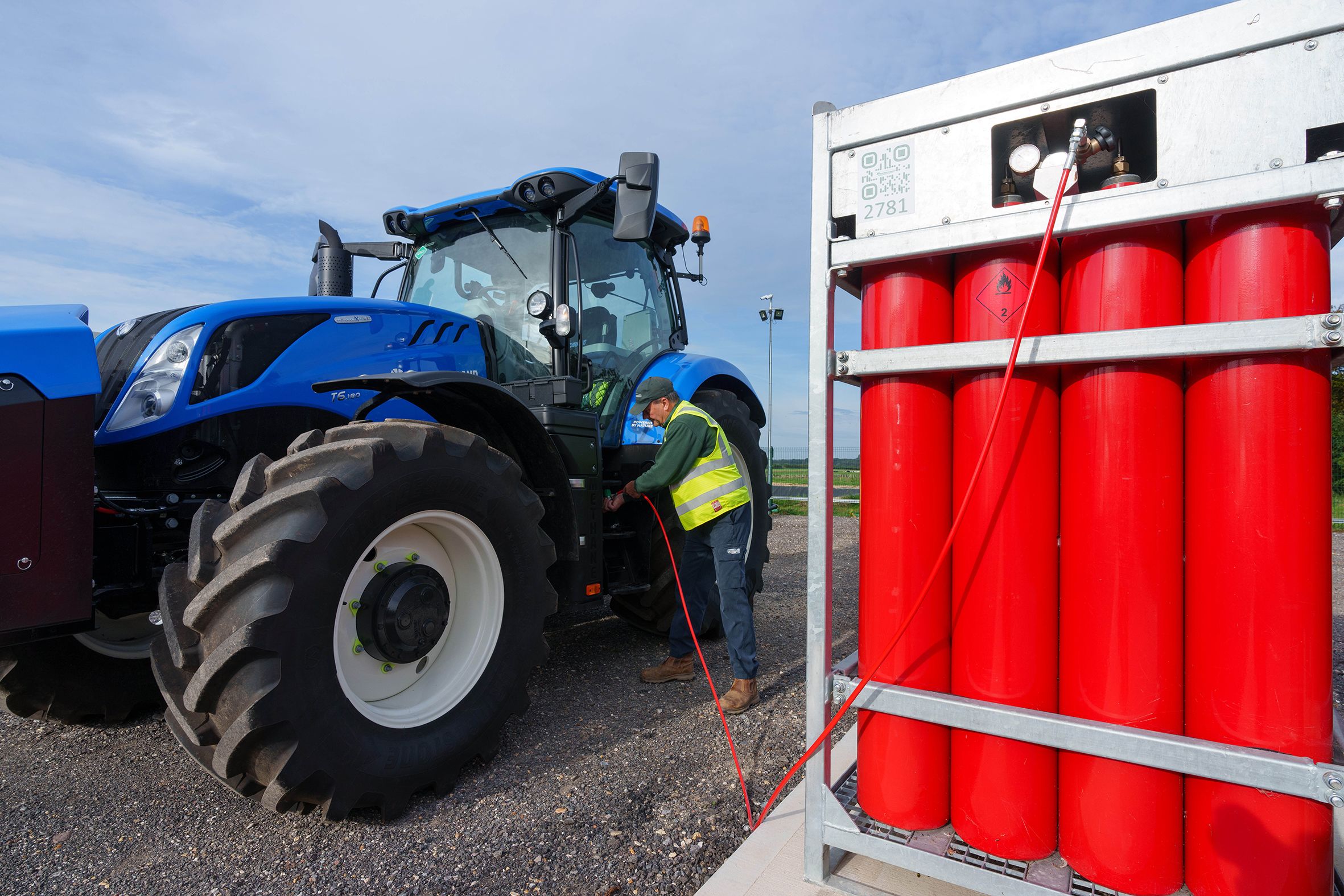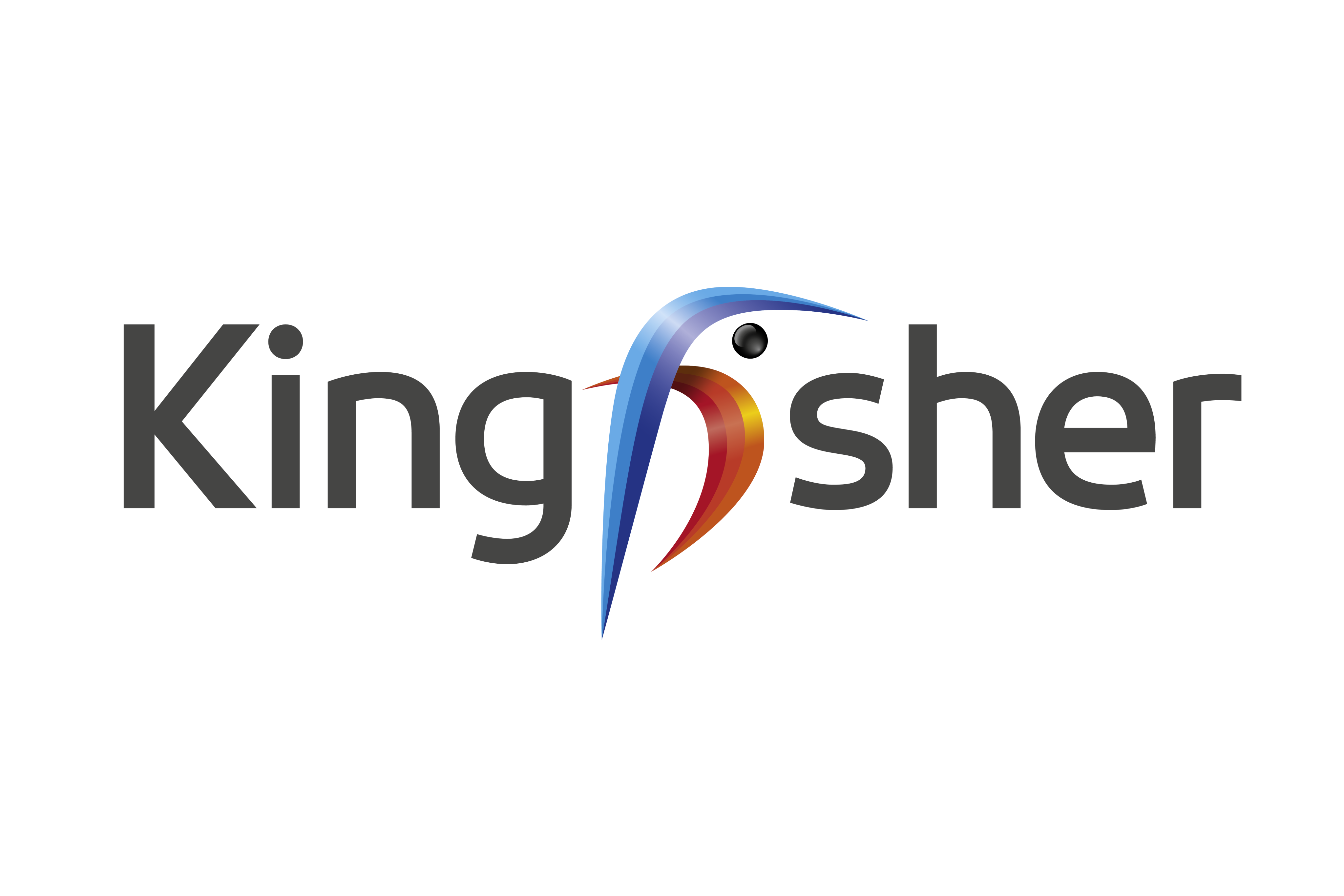Retail's global innovators:
H-L


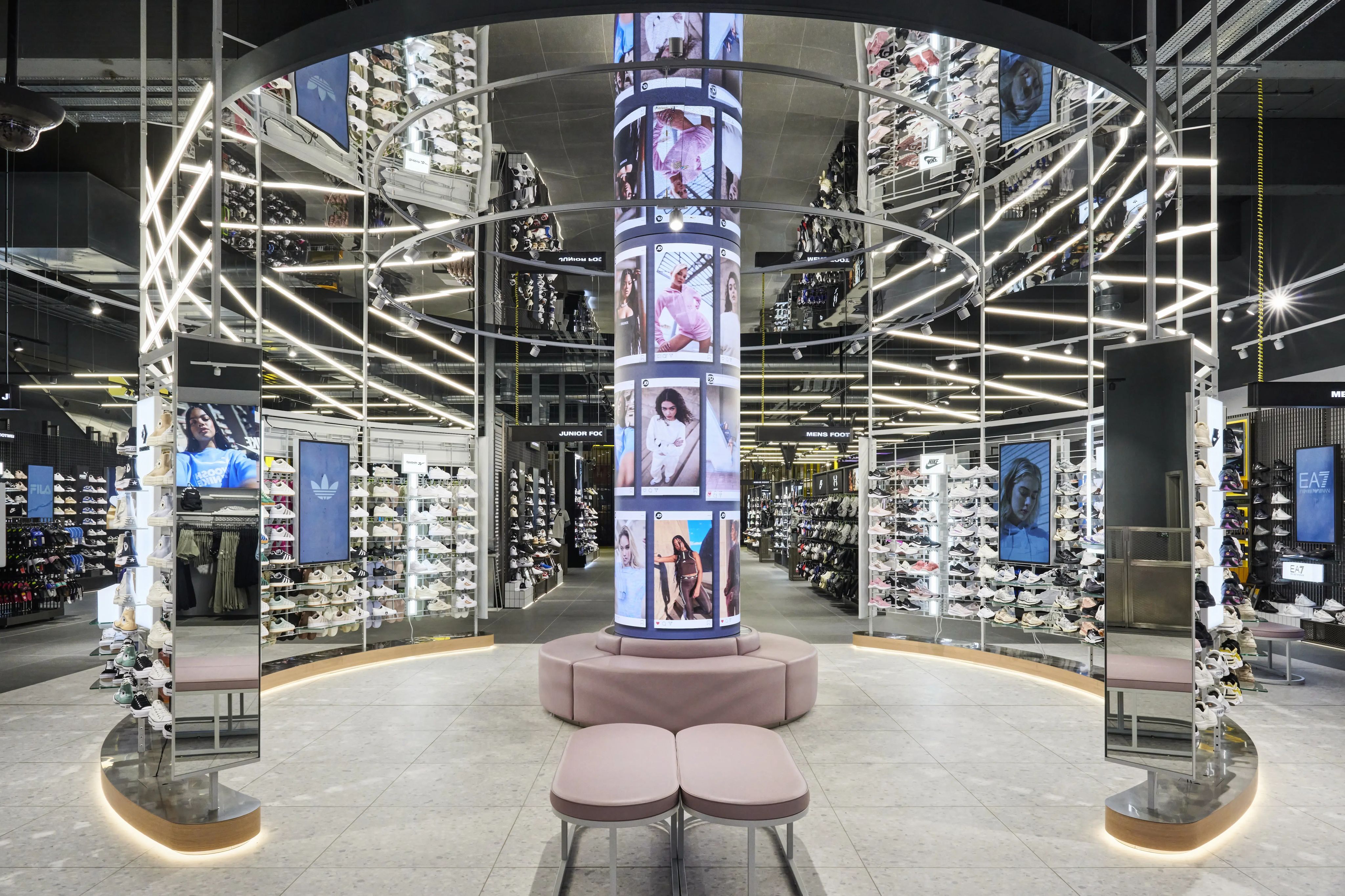

H&M's highly innovative smart fitting rooms in its new Seoul store
JD Sports' Stratford store is the tech-led jewel in its crown
L'Oréal and Meta's New Codes of Beauty Creator Programme aims to empower the next generation innovators in beauty
H&M
(Sweden)
A change of leadership can often spark an innovation refresh, and Daniel Ervér assuming the H&M chief executive role from Helena Helmersson in January 2024 has brought a raft of new concepts to the fashion retailer’s stores and across its operations.
In May, the global retailer opened a new Seoul store that features smart fitting rooms, where mirrors automatically identify customers’ products and enable online purchases from the H&M website. Screens in the fitting rooms allow consumers to digitally request new sizes and colours from store staff, as well as set their own décor colours while they try on items.
A new Seoul store features smart fitting rooms, where mirrors automatically identify customers’ products and enable online purchases from the H&M website
In the UK, in August, the group opened print-on-demand merchandise service Creator Studio, which is set to reduce carbon emissions and UK delivery times. Prior to this, UK orders were manufactured in the Czech Republic.
Also on the sustainability front, H&M said in June that it had invested in heat storage company Rondo and will look to incorporate this technology into its supply chain and replace fossil fuel-derived energy where it can.
Helmersson’s four-year tenure as chief executive was innovative for being a rare occasion when a sustainability boss was promoted to the top job, which brought with it a sustainability focus. Ervér is continuing to drive this agenda, augmented with fresh ideas of his own.
Holland & Barrett
(UK)
Holland & Barrett gained a new internal structure and a fresh leadership team in 2024, and it is already supporting the retailer’s aims to innovate and lead the high street wellness category.
With Anthony Houghton leading the retailer’s newly created UK and Ireland business, Alex Dower as international chief executive and Tamara Rajah spearheading a freshly established wellness division, Holland & Barrett has announced an array of tech-enabled investments primarily directed at modernising its store estate.
These include, in June, the use of AI-powered footfall analytics from MRI Software – formerly known as Springboard – to help it optimise the in-store customer experience. It also extends to investing in significant anti-theft measures such as body-worn cameras, and the introduction of its Auror platform so staff can easily report crime to authorities and combat rising criminality levels in physical retail.
Holland & Barrett is trialling the world’s first express DNA testing in selected UK stores
Holland & Barrett is trialling the world’s first express DNA testing in selected UK stores
Elsewhere, the retailer is blazing a trail in DNA services, exclusively trialling the world’s first express DNA testing in August with DNANudge at selected stores in the UK. The tests offer on-the-spot genetic insights for skincare and improved sleep.
Meanwhile, a partnership with data platform company Provenance, announced in September, means Holland & Barrett’s online channels now feature validated sustainability claims on product listings to boost transparency for customers increasingly seeking information about the footprint of their purchases.
Ikea
(Sweden)
Furniture retailer Ikea set the ambition in its last financial year to provide AI literacy training to approximately 30,000 workers and 500 leaders across its organisation to give its people a chance to embrace the new technological evolution. This entails running courses tailored to meet the needs of co-workers ranging from AI fundamentals to responsible AI, and mastering generative AI and algorithmic training for ethics.
Ikea wants to embed deep learning of AI throughout its organisation to build trust internally and move forward with its usage of the tech internally and in customer-facing services.
Ikea also launched a virtual store on metaverse platform Roblox in June, in a move designed to attract the next generation of workers and highlight career policy in a modern way
In another sign of forward-thinking, in August the retailer revealed its Belgian and US warehouses will soon upgrade their use of drones, which help identify and photograph product storage locations to support staff in doing their jobs more efficiently. Ikea also launched a virtual store on metaverse platform Roblox in June, in a move designed to attract the next generation of workers and highlight career policy in a modern way. Ikea workers will be paid in the metaverse and serve customers in the same way they would in real life.
Looking ahead to 2025, Ikea and payments provider Adyen announced a new partnership in August. The tie-up will integrate its online and store-based payment systems, giving Ikea a chance to better access customer insights to shape its business strategy.
Inditex
(Spain)
Inditex runs a stable of global brands, but its largest fascia Zara is where the focus on tech innovation is centred. Much of what is tested at Zara is then rolled out to its sister brands when proven effective.
In 2024, the focus has been on better integrating online platforms with stores. For example, consumers can book slots for fitting rooms online in advance for their local Zara shop.
Another key area of development at Zara is live shopping broadcasts, which the brand is now bringing to the UK, Europe and the US after a successful pilot in China, which began in November 2023. Still at a nascent stage in the West compared with China, livestreams give consumers the opportunity to purchase directly from product demos they watch online, and although Zara hasn’t revealed revenue from these endeavours, its launch in the West with supermodel Cindy Crawford and her daughter Kaia Gerber, in a video shot by American filmmaker David Lowery, suggests they are willing to invest in star names and quality production to generate returns.
Zara is planning to roll out RFID-based security tags to save time at the checkout
Zara is planning to roll out RFID-based security tags to save time at the checkout
Other tech investment has been – and continues to be – directed towards enhancing security in stores while not disrupting the consumer experience. To this end, Zara continues to introduce self-checkout opportunities in its stores – still relatively rare in fashion – and is looking to roll out RFID-based security on products across all its stores by the end of 2024 and across the group in 2025. This new form of security is replacing physical tags, reducing the time customers need to spend at checkout.
JD Sports
(UK)
Store innovation is the name of the game for JD Sports. Its store in Stratford, east London tops its sales charts and is the sports retailer’s best performing, highest turnover store in the world, but what is making it tick?
The store stands out from a technological perspective with each member of its staff equipped with a handheld device to support on-the-spot transactions and stock checks, and three self-checkout points. The shop has also been kitted with a semi-automated footwear conveyor system, enabling the retailer to deliver a shoebox from the storeroom to shop floor in under 30 seconds.
The Stratford store has also been kitted with a semi-automated footwear conveyer system, enabling the retailer to deliver a shoebox from storeroom to shop floor in under 30 seconds
The store – which also operates digital screens that can amplify the latest marketing campaigns and trends – is viewed by the JD team as a global standard for future openings.
Meanwhile, JD continues to innovate in the loyalty space with its JD Status loyalty app and programme, now just over a year old in the UK having launched in October 2023 after its initial launch in the US market. With more than 1.5 million active users in the UK whose average spend has jumped 40% since signing up for the programme, JD’s loyalty scheme team is exploring how to broaden its reach and build in other engaging elements related to members’ lives such as nutrition and fitness.
John Lewis Partnership
(UK)
The John Lewis Partnership (JLP) announced a partnership with tech titan Google Cloud in August 2023, worth £100m over five years, as part of its continued migration to a cloud infrastructure and adoption of AI. The move is a tech foundation layer viewed as a way of introducing more services and accessing insights to support the customer experience.
In the report introduction we highlighted several innovations at JLP, but new tech already introduced over the past 15 months includes AI-powered imaging company Zyler, which allows customers to virtually try on a range of UK rental outfits before making a purchase. And – in March 2024 – it started using Locus Robotics robots at its Milton Keynes warehouse to push heavy trolleys and lift boxes, easing the burden on staff.
JLP brand Waitrose is using cow manure to power tractors at its Hampshire farm
JLP brand Waitrose is using cow manure to power tractors at its Hampshire farm
At its Waitrose brand, tech innovation has focused on sustainability. From incorporating a system at its Hampshire farm that uses cow manure to power tractors rather than fossil fuels to a tie-up with EV specialist Flexible Power Systems to help run and optimise its EV fleet, the grocer is finding multiple ways to reduce its environmental footprint using tech.
Case study: JLP’s cloud transformation
JLP has partnered with Wipro to transform its IT, increase cloud adoption, reduce legacy risk and decrease its carbon footprint, thereby enabling the business to support top-line growth. Wipro collaborated with JLP to implement a unique strategic value model to prioritise the right cloud initiatives and ensure that cloud adoption was expedited. By highlighting how cloud adoption contributes to wider strategic business initiatives, Wipro helped JLP to align the most relevant stakeholders and ensure the success of its transformation programme. Drawing on its transformation experience, Wipro leveraged its cloud studio framework to migrate on-premise applications to Google Cloud with minimal business disruption. Wipro also helped the programme address multiple network, security, accessibility and ageing hardware challenges. In addition, Wipro developed the strategy and proofs of value for multiple applications with the JLP and Google teams, resulting in a robust migration on a stringent timescale.
Kingfisher
(UK)
B&Q and Screwfix owner Kingfisher had already been putting in the groundwork to adopt a technological mindset within the company way in advance of 2024 – highlighted by the launch of B&Q’s online marketplace in 2022, connecting stores to its ecommerce distribution network, and creating a modern engineering approach.
In January 2024, Kingfisher introduced Cornerstone OnDemand’s employee learning and performance platform to modernise how it offers staff training. And partnerships are key for its tech growth. Since the start of the year, its Castorama and B&Q brands have been establishing their relationship with retail media platform CitrusAd as part of plans to build a retail media proposition that can bring additional revenue to the group.
Other notable tech partnerships this year include one with cloud-based emissions data platform Manufacture 2030, which will work with Kingfisher’s key suppliers to help them achieve decarbonisation targets to support the group’s sustainability strategy. Meanwhile, Screwfix continues to link more of its stores (15 as of September 13, 2024) to Deliveroo and has been a key partner in the rapid delivery platform’s growing move into non-food categories.
Data platform Manufacture 2030 will work with Kingfisher’s key suppliers to help them achieve decarbonisation targets
Kingfisher also opened a tech innovation centre in Cluj-Napoca, Romania, in March, which adds to the site it opened in Krakow, Poland, and is a way of tapping into the eastern European tech talent that will help drive improvements in its in-house data capabilities.
L’Oréal
(France)
In February, L’Oréal introduced the world to Lore, an AI-powered beauty assistant that uses hyper-personalised, natural-language communication to improve customer experience.
The chatbot offers tailored product recommendations, advises customers on beauty products that meet their individual needs, and redirects them online or within social media apps to find the relevant items. It is an early example of how the traditional chatbot platform – this one developed by NTT Data – can integrate OpenAI innovations with fluent results in spoken and written conversations in multiple languages.
L'Oréal's AI-powered beauty assistant offers tailored product recommendations, advises customers on products and redirects them online or within social media apps to find the relevant items
In addition, in May, L’Oréal unveiled several examples of how it is powering beauty product development and marketing campaigns with the latest technologies.
Notably, L’Oréal’s Creaitech GenAI Beauty Content Lab is using the WPP NVIDIA engine as well as other large language models and partners to generate new beauty images and train generative AI with the L’Oréal brand coding to generate brand-compliant content. La Roche-Posay and Kérastase are the L’Oréal brands already using this tailored service.
In addition, L'Oréal and Meta unveiled the New Codes of Beauty Creator Programme, which aims to empower the next generation of 3D, augmented reality (AR) and AI-powered creators to innovate in beauty. L'Oréal Paris, Lancôme, and La Roche-Posay are taking the lead in this space.
Lululemon
(Canada)
Lululemon is driving forward with its Power of Three ×2 growth plan, which is a strategy to build on the continuing success it has in womenswear by doubling men’s and digital revenues and quadrupling international revenues between 2021 and 2026.
With that ambition as the North American athleisure player’s current North Star, it is no surprise to see tech investment going towards better connecting stores and digital. This accelerated in 2023 with the roll-out of Nedap RFID allowing the retailer to track real-time inventory throughout its stores to support click-and-collect services, but has since evolved to help the business smooth and better manage returns processes.
Following its decision to discontinue its at-home fitness product the Studio Mirror in 2023, Lululemon has doubled down on its partnership with fitness machine brand Peloton, which sees the two companies work on exclusive programming and content for a growing audience in the US, Canada, UK, Germany and Australia.
Lulemon has joined forces with Peloton to offer exclusive fitness content
Lulemon has joined forces with Peloton to offer exclusive fitness content
Meanwhile, in February Lululemon revealed that its partnership with Australian enviro-tech start-up Samsara Eco reached a key milestone in textile-to-textile recycling that could support the retailer’s sustainability strategy. It has created the first enzymatically recycled nylon 6,6, a foundational fibre used by Lululemon in its leggings.


